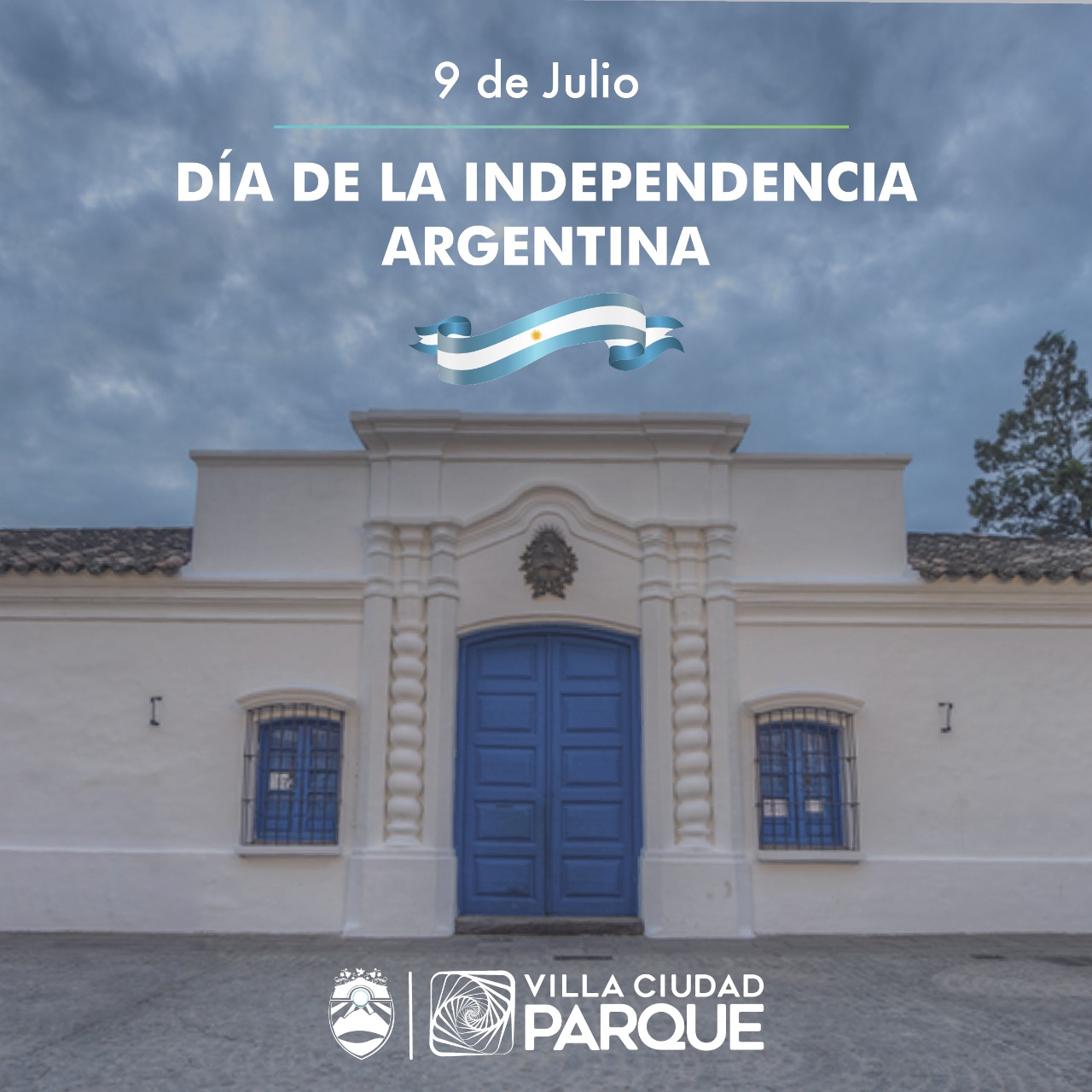
9 DE JULIO DÍA DE LA INDEPENDENCIA ARGENTINA Comuna Villa Ciudad Parque
The Argentina Independence Day (Spanish: Día de la Independencia Argentina) is celebrated every year on July 9.This date originates in commemoration of the signing of the Argentine Declaration of Independence, on Tuesday, July 9, 1816, in the house of Francisca Bazán de Laguna.In 1941, the building was declared a National heritage site.The decision to become independent was taken by the.
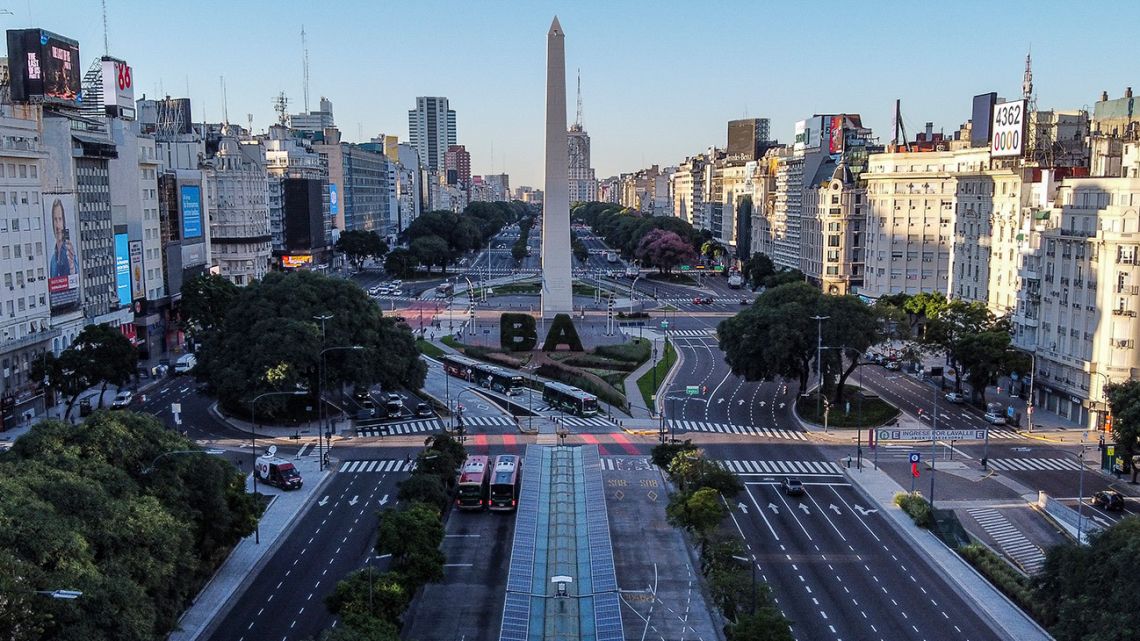
Government warns creditors that virus crisis will delay 'uncertain
Find respite from the urban highway in one of the elegant green plazoletas and gardens that decorate the one-kilometre-long Avenida. At the southern end of Buenos Aires' Avenida 9 de Julio, street.

9 De Julio Argentina Imagenes 9 De Julio Buenos Aires Ilustraciones
De esta forma, el Ejército Argentino junto al pueblo tucumano recuerdan el pasado y mantienen la honesta tarea de custodiar la histórica vivienda donde se juró y se proclamó nuestra Independencia aquel 9 de julio de 1816. Mientras preparaba en Cuyo al Ejército que cruzaría Los Andes, San Martín se mostraba impaciente para que el Congreso.
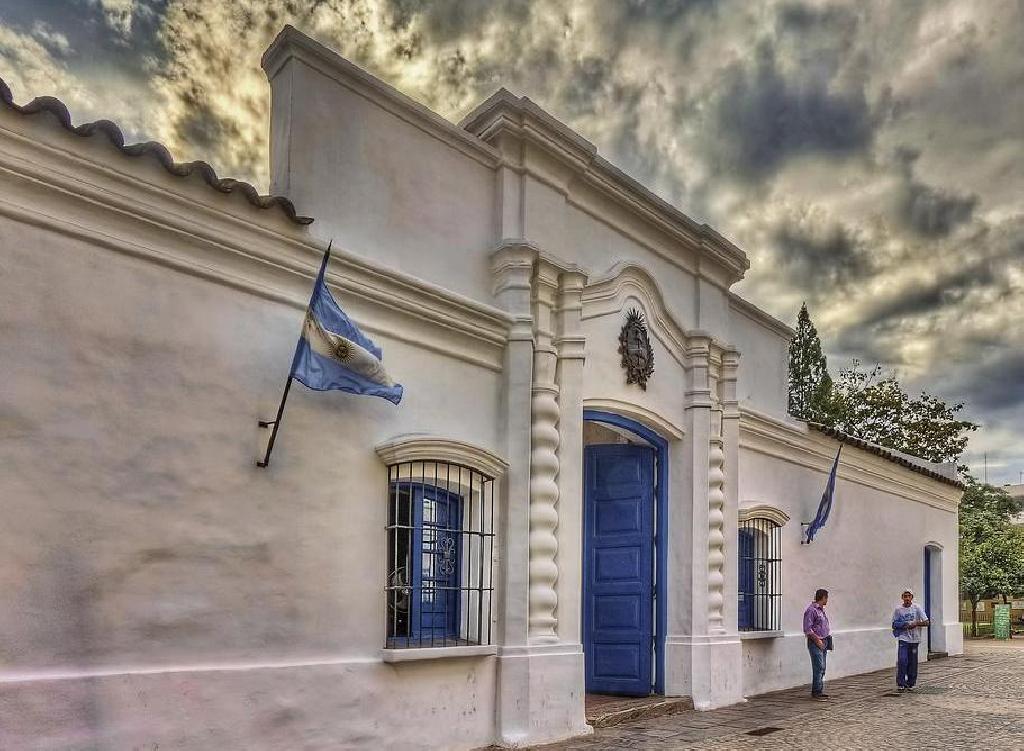
9 de Julio Día de la Independencia Argentina
Avenida 9 de Julio is an avenue in Buenos Aires, Argentina. At 140 meters, it is the world's widest avenue. Its name honors Argentina's birthdate. (July 9, 1816). The avenue runs from the Retiro district in the north to Constitucion station in the south, roughly one kilometer to the west of the Rio de la Plata waterfront.

9 De Julio Argentina Imagenes Dia De La Independencia De Argentina
With a remarkable width of 140 meters, Avenida 9 de Julio is one of the main arteries of Buenos Aires. The name of the avenue commemorates the day on which the Independence of Argentina was declared, July 9, 1816. The avenue is located in the center of the city, connecting the north with the south from Plaza Constitución to Avenida Libertador.

¿Qué pasó el 9 de julio en Tucumán?
July 9 Avenue (Spanish: Avenida 9 de Julio) is a major thoroughfare in the city centre of Buenos Aires, Argentina. Its name honors Argentina's Independence Day, July 9, 1816. The avenue runs around 3 kilometres (1.9 mi) to the west of the Río de la Plata waterfront, from the Retiro district in the north to Constitución station in the south.

Día de la Independencia Argentina 9 de Julio Imagenes y Carteles
The monument at the intersection with Marcelo T. de Alvear is the work of Japanese-Argentine sculptor Julio Eduardo Goya, and a homage to Argentina's Japanese community. The piece depicts the national bird of Japan, the crane. Installed in 1998, it had to be moved from its original location to make way for the 9 de Julio Metrobus lane. 6.
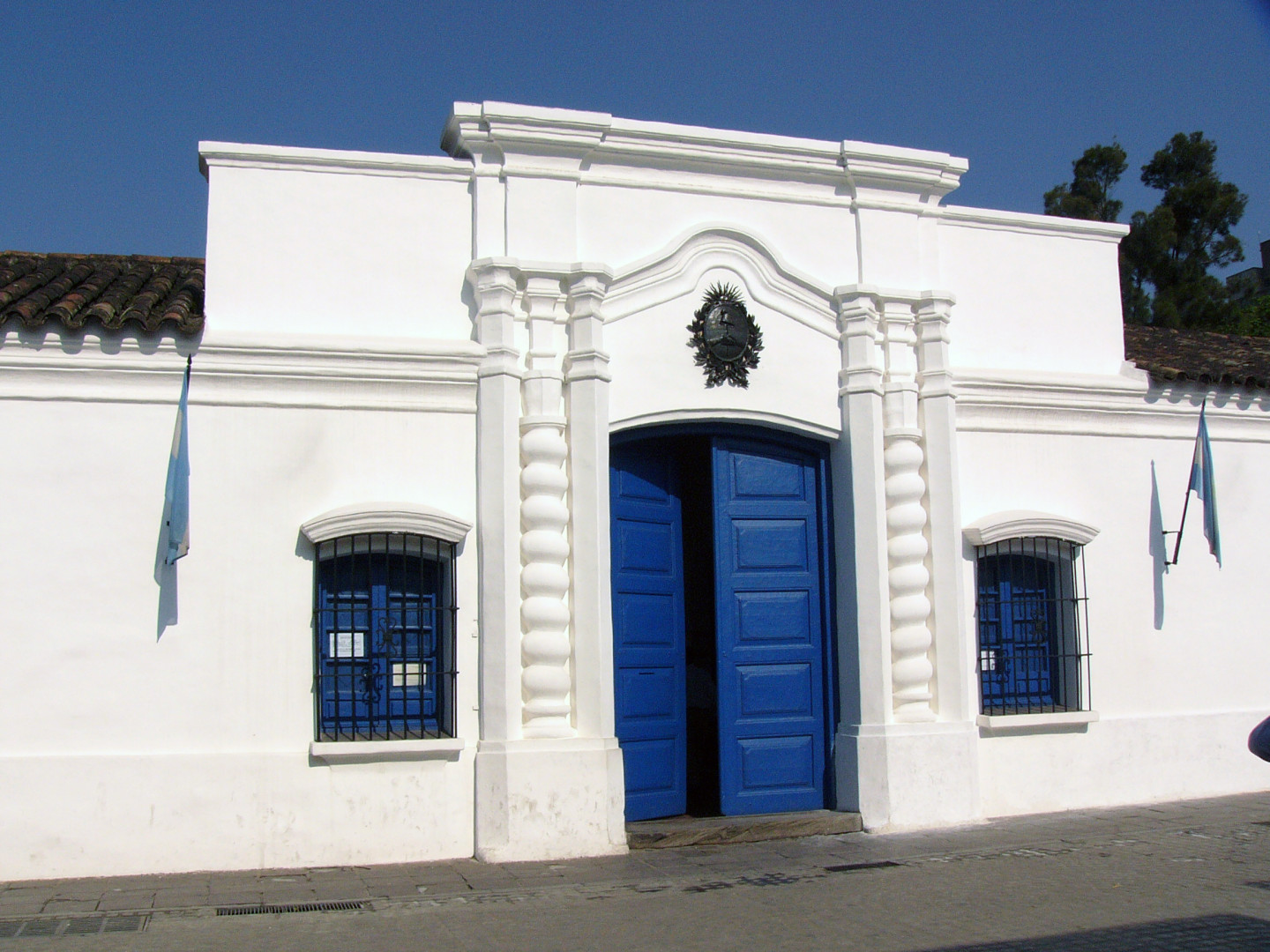
9 de Julio Día de la Independencia Argentina Argentina.gob.ar
9 de Julio Avenue (or Avenida 9 de Julio, in the local tongue) in downtown Buenos Aires, Argentina, is not just any street. Nine lanes wide, with gardened medians between the opposing flow of traffic, this is the widest street in the world. Only those with a quick pace and long legs will be lucky to get to the other side before the traffic.
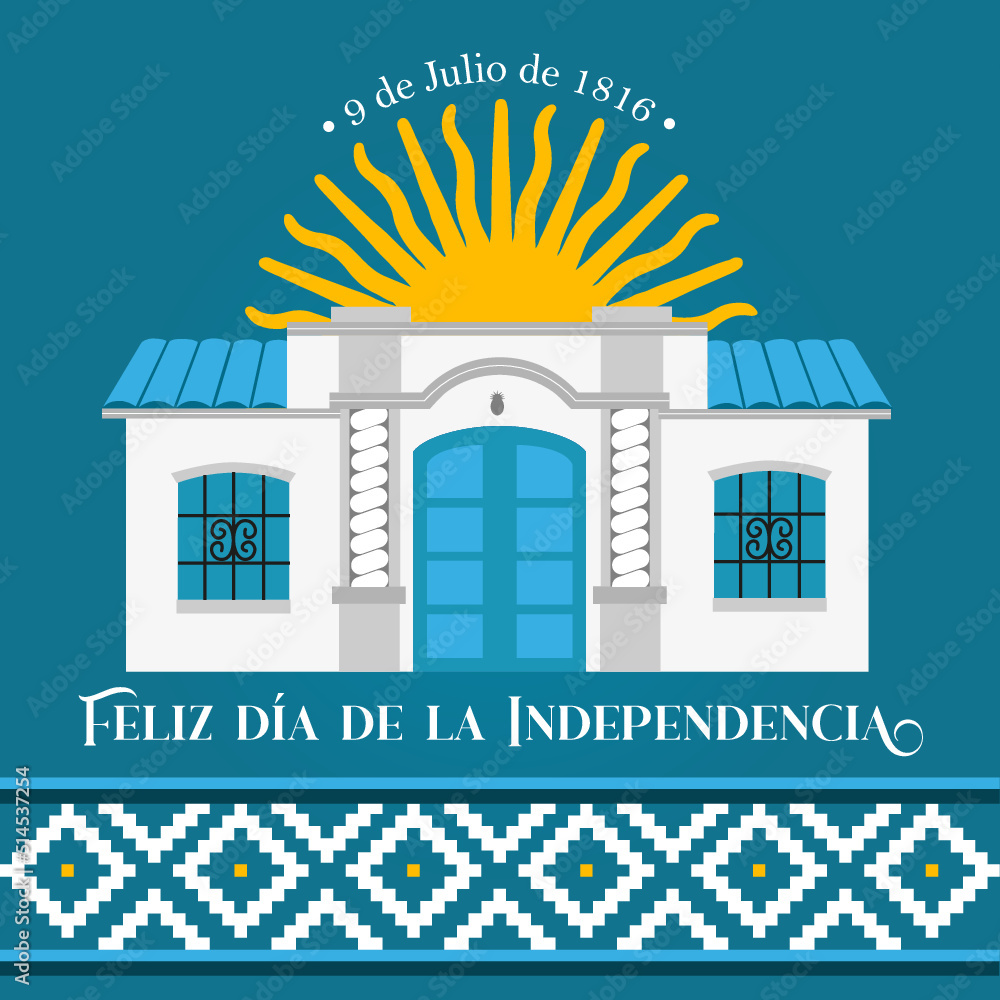
Independencia Argentina Casa Histórica de Tucumán Celebración del 9
You're probably familiar with that very wide, very hard-to-cross road in Buenos Aires, Avenida 9 de Julio (that locals claim is the widest avenue in the world with 12 lanes). This road honors this important historic date. In fact, almost every settlement or town in Argentina has a street named 9 de Julio. How the Argentines officially celebrate

9 De Julio Buenos Aires FileAvenida 9 de Julio, Buenos Aires 1.JPG
Argentina portal. v. t. e. Allegory of the Declaration of Independence, by Luis de Servi. What today is commonly referred as the Independence of Argentina was declared on July 9, 1816, by the Congress of Tucumán. In reality, the congressmen who were assembled in Tucumán declared the independence of the United Provinces of South America, which.
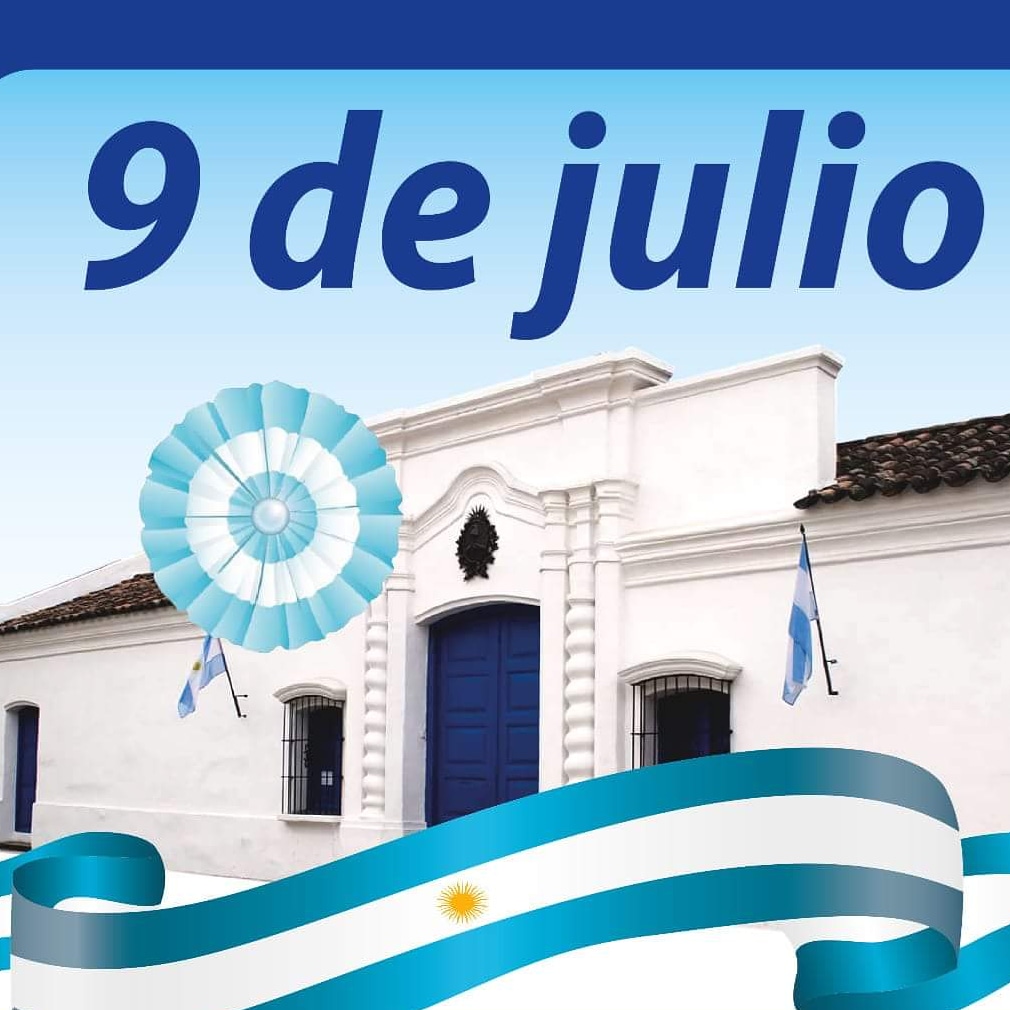
Acto central Izamiento por el Día de la Independencia y Aniversario del
L' Avenida 9 de Julio (en français avenue du 9-Juillet) est une avenue de la ville de Buenos Aires, capitale de l' Argentine. Avec ses 140 mètres de largeur, c'est la plus large de la planète. Elle porte ce nom en l'honneur du Jour de l'Indépendance argentine, le 9 juillet 1816. C'est la seule rue ou avenue de la ville qui ne change pas de.

9 de Julio Día de la Independencia Argentina Canalweb San Pedro
Definitely worth a drive around. The Avenida 9 De Julio is one of the main thoroughfares in BA and the general meeting place for all demonstrations or celebrations (like the world cup championship). The avenue is huge, accommodating over 1 million people at a time and all along the avenue are monuments to various people and events.

Día de la Independencia Argentina 9 de Julio Imagenes y Carteles
B 6500. Area code. + 54 2317. Nueve de Julio is a city in Buenos Aires Province. It is named for the date of Argentina's Independence Day. [1] It also gives its name to the administrative division of Nueve de Julio Partido. Its UN/LOCODE is AREJO.

9 de Julio en Nivel Secundario Entramar Tecnología Educativa Digital
Other articles where Avenida 9 de Julio is discussed: Buenos Aires: City centre: Intersecting Avenida de Mayo is Avenida 9 de Julio (July 9, Argentina's national day of independence), called the "widest avenue in the world." An obelisk, inaugurated in 1936, marks the intersection of Avenida 9 de Julio and Avenida Corrientes (four blocks from Plaza de Mayo).
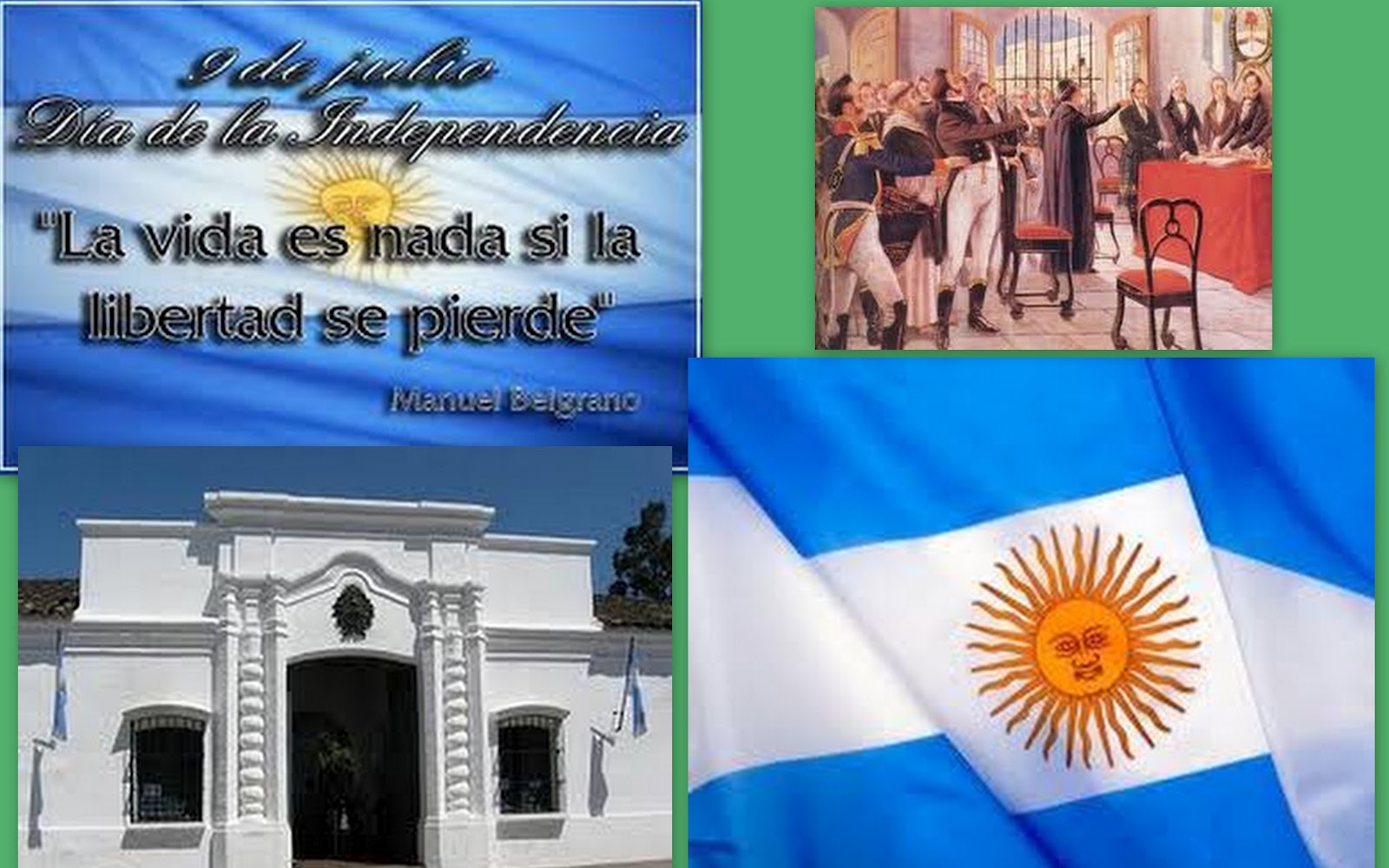
jaitt odonto social 9 de JULIO DIA DE LA INDEPENDENCIA ARGENTINA
Argentina. Buenos Aires. Buenos Aires. Buenos Aires - 9 de Julio Avenue Live cam View of the Buenos Aires Obelisk and the 9 de Julio Avenue. 9 online-742.557 hits. Weather. SkylineWebcams Webcam Rate. Rate this webcam; 4.6 / 5 - 553 Rating; Share. 03:14. adv. adv. NEARBY WEBCAMS; NEARBY WEBCAMS. Argentina - Buenos Aires.
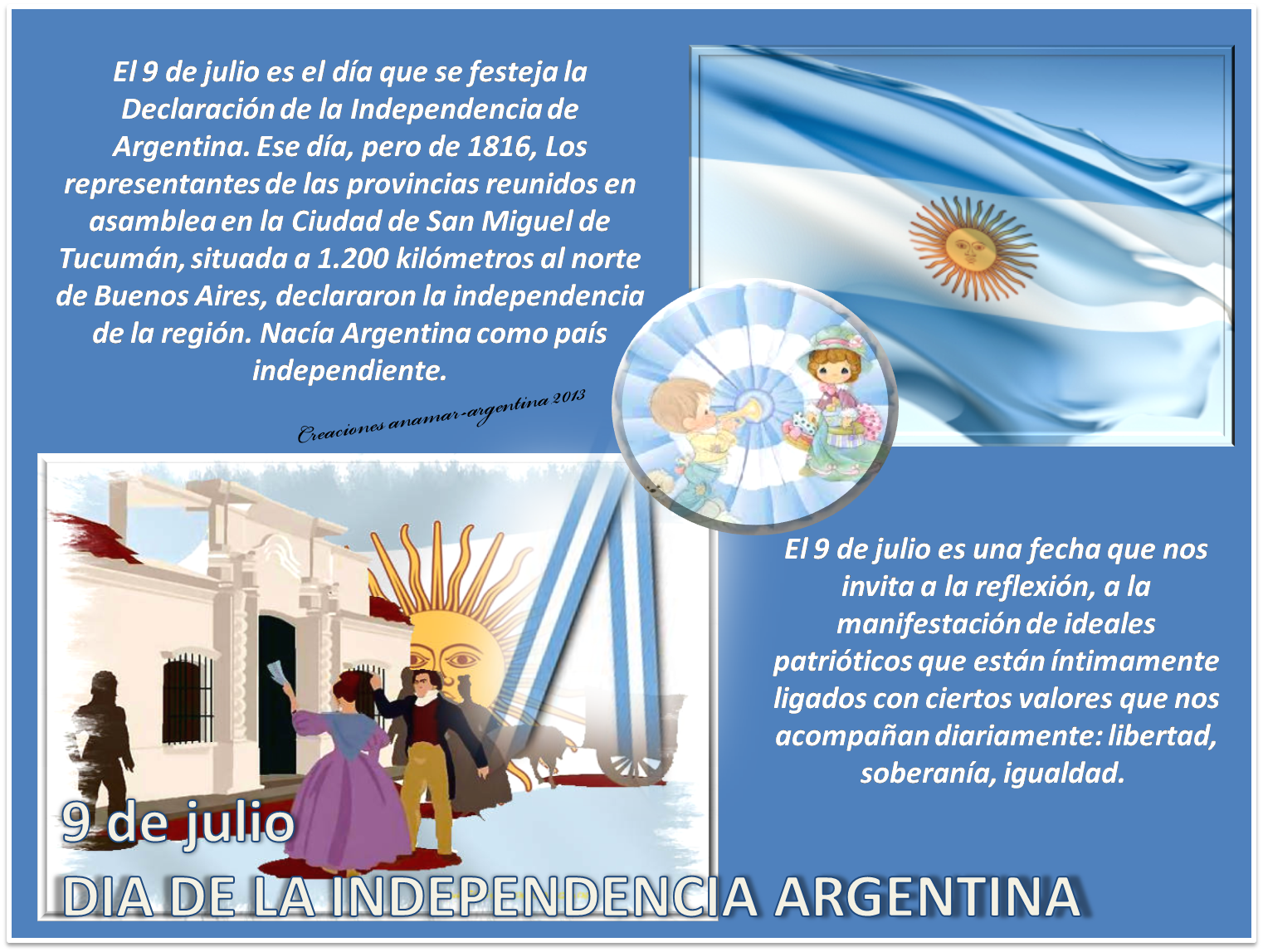
mi pequeño rinconcito anamar ARGENTINA imagenes 9 de julio dia de la
Address: Av 9 de Julio entre Av Libertador y Av de Mayo - San Nicolás. This avenue was designed in 1888 by the engineer Guillermo Gaebeler, undergoing a number of changes since then. Nowadays it is considered the world's widest avenue, and has become a symbol of Buenos Aires as the most emblematic construction, the Obelisk, stands in its.